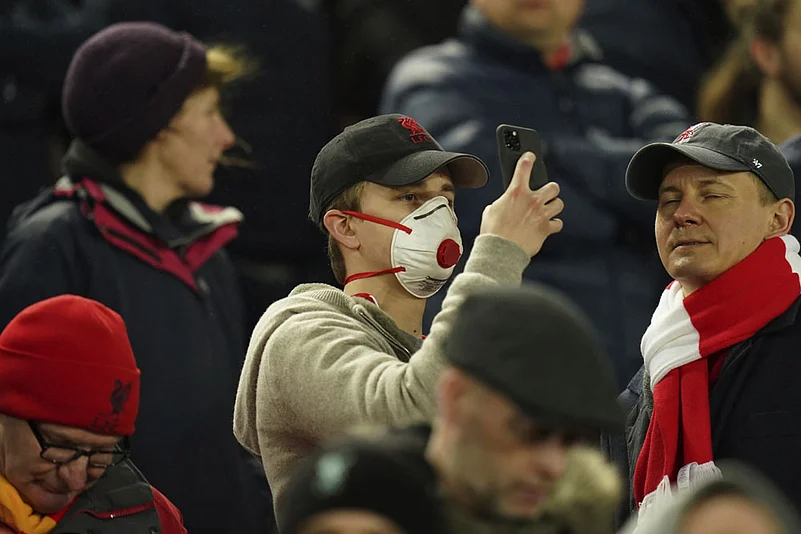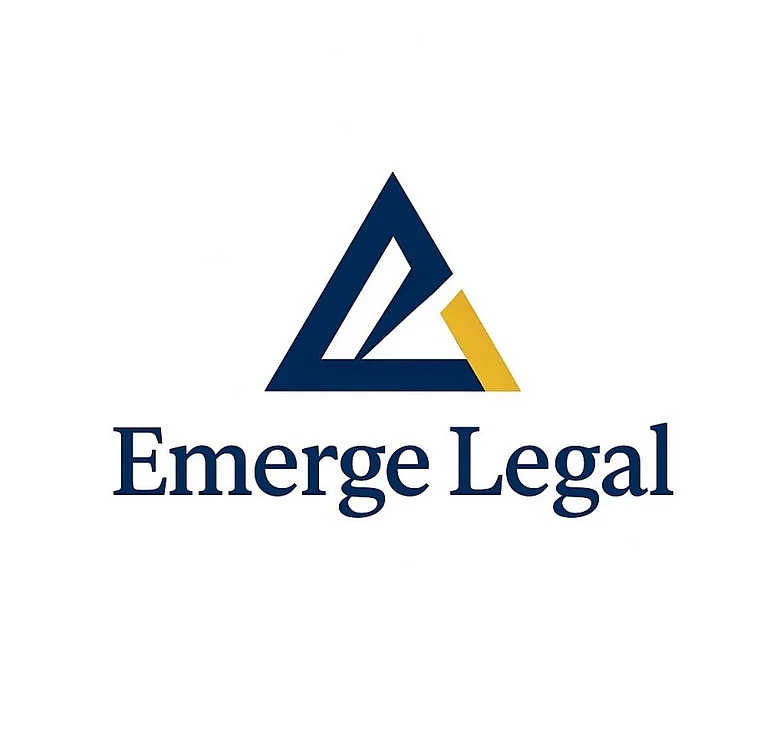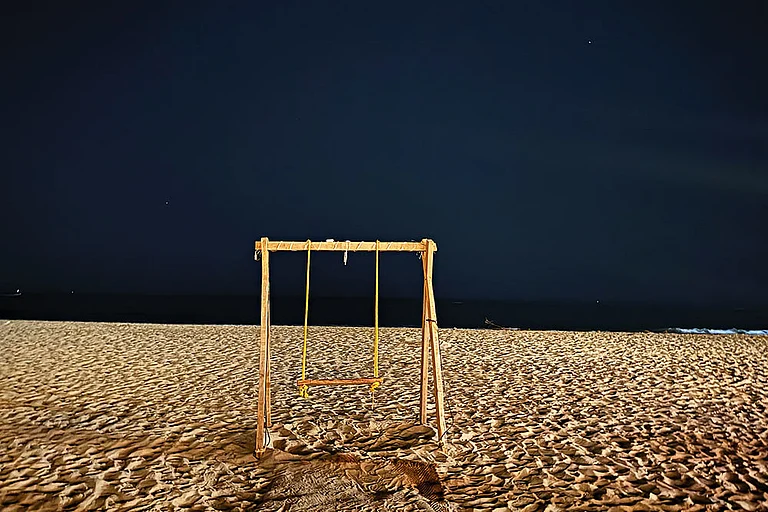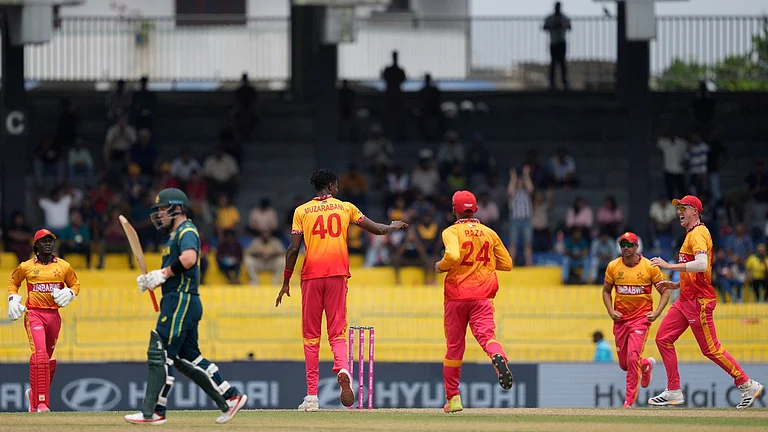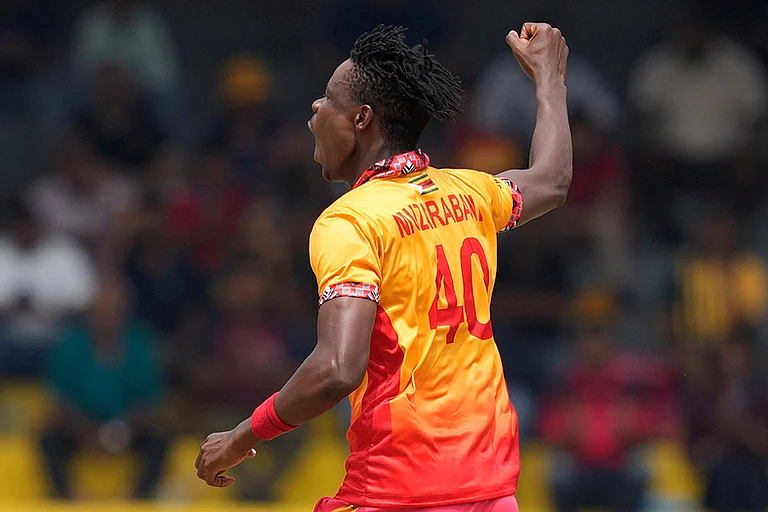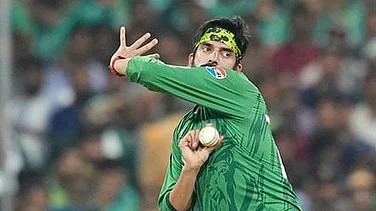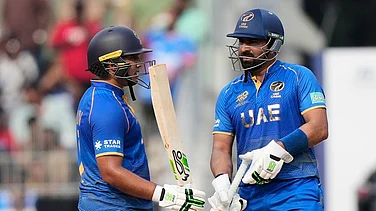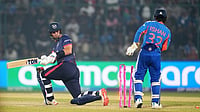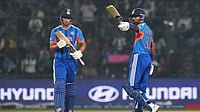A paper published by the International Olympic Committee (IOC) in collaboration with the United Nations (UN) and INTERPOL has warned against salary cuts and delay in payment to sports professionals as it might lead to an increase in corruption when action resumes in the post-COVID-19 world.
The paper published jointly by the IOC, INTERPOL and the United Nations Office on Drugs and Crime stressed on the need to safeguard the integrity of sport during the pandemic.
"As salaries of sports professionals may be impacted, through reductions or delays in payments, and the economic situation places pressure on sport, criminal groups and corruptors may seek to exploit this situation to gain influence," the paper said.
"It is recommended to the extent possible, to consider avoiding decreasing salaries of those most vulnerable and severely affected and if required to make these temporary whenever possible."
It said the temporary absence of sports events does not necessarily eliminate sports integrity issues, and the re-starting of competitions will require special vigilance.
The paper recommended developing an effective national cooperation framework between law enforcement, criminal justice authorities and sports organizations in the post-COVID-19 world.
The three world bodies said if salary cuts are implemented for top athletes, it is also recommended that the ensuing savings be used to support the most vulnerable and severely affected athletes, sports organisations and related employees.
The document said the world of sport constitutes a multibillion-dollar industry, employing vast numbers across many interlinked sectors including marketing, tourism, media, sponsorship, events management and clothing, to name but a few.
"Placing integrity at the core of sport's response to the global COVID-19 pandemic is crucial to ensure that sport emerges from this challenge as strong as possible and is ready to play its fundamental role in society," the paper stated.
"Many sports organizations and associated businesses and associations have been profoundly affected by the global crisis and require rapid, direct assistance, without which some may find it difficult, if not impossible, to recover during the post-pandemic phase."
The tri-party study also recommended adoption of relevant regulations in relation to prohibitions of betting, sharing inside information, and corrupt conduct/competition manipulations.
"...ensure that anti-bribery regulations of sport organisations are well respected and implemented and in case of a potential breach effectively investigated.
"...the respect of regulations in relation to conflict of interest as well as on fair procurement must be ensured and not compromised during the pandemic and the recovery follow-up process."
It also asked the sports bodies and governments to intensify awareness-raising sessions for the athletes, their entourage and sport organisations' officials through "virtual awareness-raising activities".
"It is recommended to enforce national legislation criminalising bribery and other forms of corruption, by preventing, investigating and prosecuting corrupt acts involved in sports, and that these be coordinated when feasible with sporting bodies conducting related disciplinary measures."






